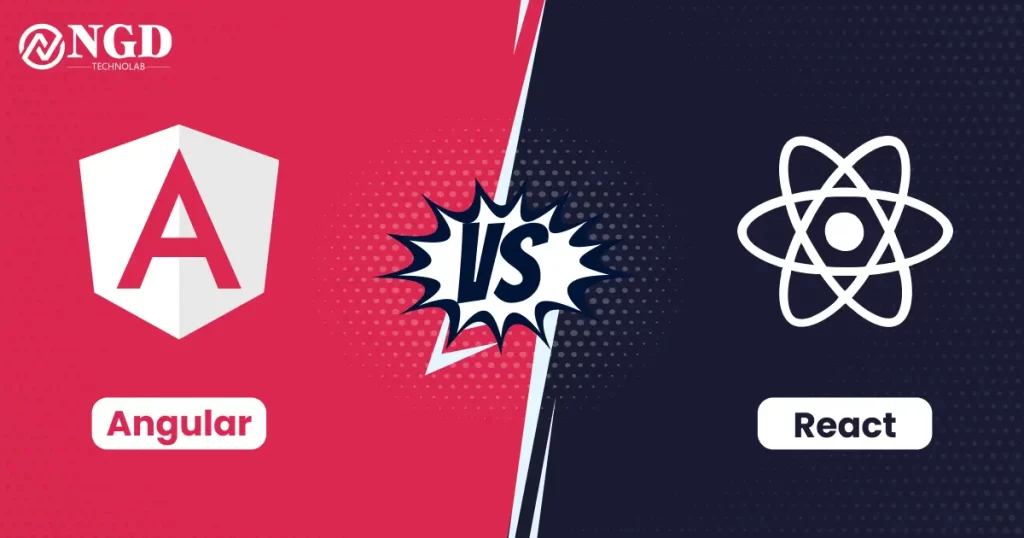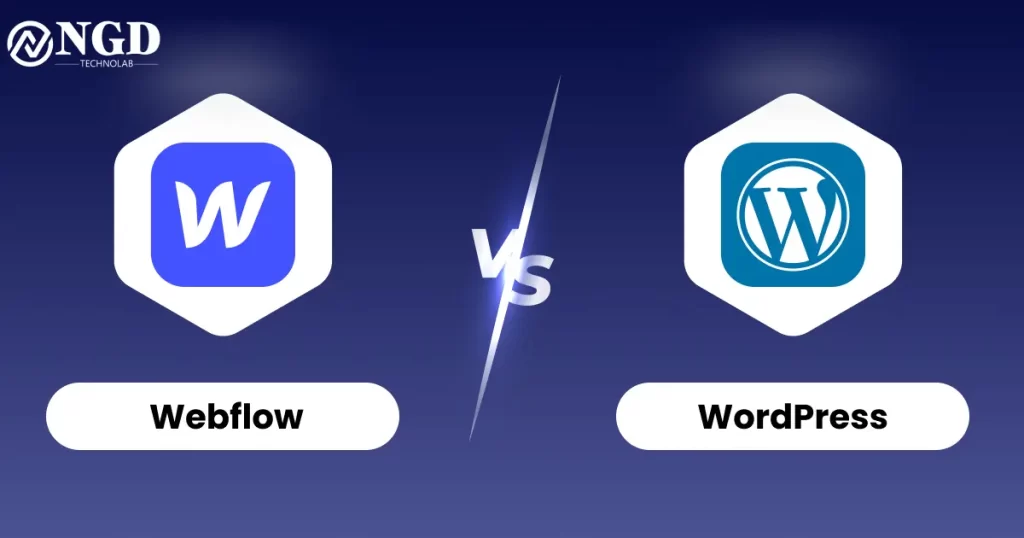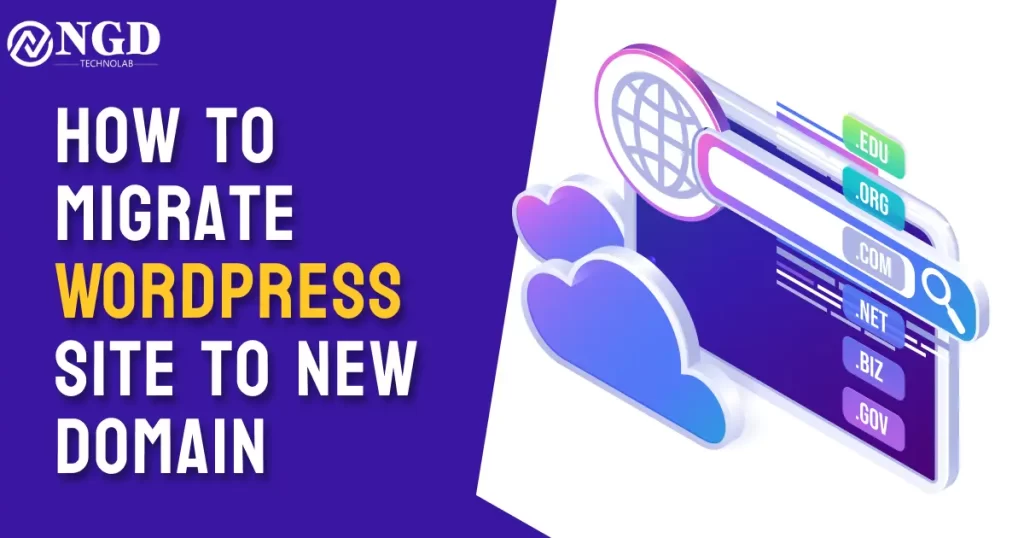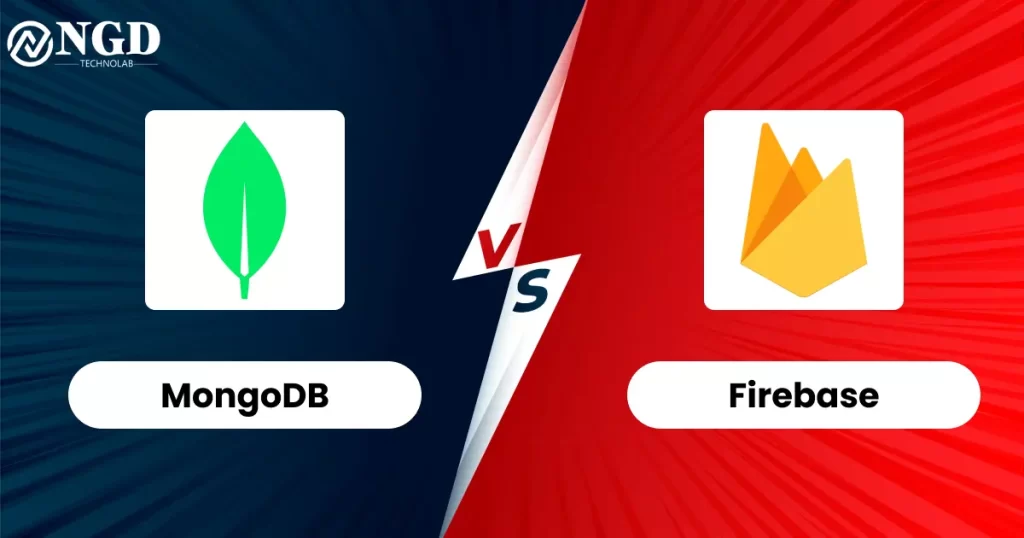Angular vs React: How to Choose the Best Framework
Angular vs React: How to Choose the Best Framework Published On – June 25, 2024 Harshid Patel In the ever-changing world of making websites, picking the best tool can really affect how well your projects turn out. There are two big players in the web design game: Angular and React. Figuring out the differences between them is super important for developers who want to make the best choices. This easy-to-read guide is here to help you understand the Angular vs React debate so you can make smart decisions for your projects. Let’s dive in and learn more! Table of content Add a header to begin generating the table of contents Angular: An In-Depth Analysis Angular, developed and maintained by Google, is a comprehensive front-end framework that has gained popularity for building robust and feature-rich applications. Key Features of Angular Angular boasts a set of features that contribute to its robustness and versatility: Two-Way Data Binding: Angular’s bidirectional data binding simplifies the synchronization of the model and the view, reducing boilerplate code. Dependency Injection: This feature enhances modularity and testability by allowing components to be injected with dependencies rather than hard-coding them. Full-Fledged MVC Architecture: Angular follows a Model-View-Controller architecture, providing a structured approach to application development. CLI Support: The Angular Command Line Interface (CLI) streamlines the development process by automating common tasks and providing a consistent project structure. Pros and Cons of Angular Pros Comprehensive Framework: Angular offers an all-in-one solution, including routing, forms, HTTP client, and more. TypeScript Integration: Angular’s use of TypeScript enhances code quality and facilitates better tooling support. Strong Community Backing: With Google’s support, Angular enjoys a robust community and extensive documentation. Cons Steep Learning Curve: The extensive feature set can make Angular challenging for beginners. Verbose Syntax: Angular’s syntax can be more complex compared to other frameworks. React: Unveiling its Strengths Facebook’s React has emerged as a popular and highly adaptable library for building user interfaces. Core Characteristics of React React’s success is attributed to its core features: Virtual DOM: React’s virtual DOM optimizes rendering by updating only the necessary components, enhancing performance. Component-Based Architecture: React encourages the development of modular and reusable components, fostering a scalable and maintainable codebase. One-Way Data Binding: React’s unidirectional data flow simplifies the tracking of data changes and improves application predictability. React Native: Extending beyond the web, React Native enables the development of cross-platform mobile applications. Pros and Cons of React Pros Flexibility: React’s lightweight nature allows developers to integrate it into existing projects without significant overhead. Virtual DOM: Enhances application performance by minimizing DOM manipulations. Thriving Ecosystem: React’s popularity has led to a vast ecosystem of libraries and tools. Cons View-Library: React primarily focuses on the view layer, requiring additional libraries for routing and state management. Learning Curve for JSX: Developers unfamiliar with JSX may find it challenging initially. Also to read:- The Digital Transformation of Logistics and Transportation Head-to-Head: Angular vs React Performance Comparison Performance is a critical factor when choosing a framework. Angular’s two-way data binding can impact performance in large applications, whereas React’s virtual DOM enables efficient updates, leading to smoother user experiences. Ease of Learning Angular’s extensive feature set and TypeScript integration may pose a steeper learning curve for beginners. React’s simplicity and unidirectional data flow contribute to a more straightforward learning path. Community and Ecosystem Angular benefits from Google’s backing, ensuring strong community support and extensive documentation. React, with its widespread adoption, boasts a thriving ecosystem and a wealth of third-party libraries. Scalability Both Angular and React are scalable, but Angular’s opinionated structure can make it preferable for large-scale projects with complex requirements. React’s flexibility suits projects of varying sizes and allows for easier integration into existing codebases. Making the Choice: Factors to Consider Project Requirements Consider the specific needs of your project. Angular may be preferable for comprehensive solutions, while React’s flexibility is advantageous for smaller projects or integrating with existing code. Developer Experience Evaluate the experience level of your development team. Angular may require more time for mastery, while React’s simplicity makes it accessible to a broader audience. Community Support Assess the strength of the community for ongoing support and problem resolution. Both Angular and React have vibrant communities, but Angular’s association with Google provides additional stability. Scalability and Performance Weigh the scalability requirements of your project. Angular’s structure may be advantageous for large-scale applications, while React’s efficiency and flexibility cater to a variety of project sizes. Conclusion: In the Angular vs React debate, there is no one-size-fits-all answer. The choice between these frameworks depends on the specific requirements of your project, the experience level of your team, and your long-term goals. By carefully considering factors such as performance, ease of learning, community support, and scalability, you can make an informed decision that aligns with your development objectives. Frequently Asked Questions: Which is more beginner-friendly: Angular or React? React is often considered more beginner-friendly due to its simplicity and unidirectional data flow, making it easier for developers to grasp the fundamentals. What is the key difference in their component architectures? Angular follows a full-fledged MVC architecture, while React adopts a component-based architecture, encouraging modularity and reusability. How do Angular and React handle state management? Angular uses two-way data binding to manage state, while React employs a unidirectional data flow, making state management more predictable and easier to debug. Is one framework more suitable for large-scale applications? Angular’s opinionated structure and strong conventions make it well-suited for large-scale applications with complex requirements. React, with its flexibility, is also scalable and adaptable. What are the future trends for Angular and React? While predicting future trends is challenging, both Angular and React are likely to evolve with new features, optimizations, and improved developer experiences, ensuring their continued relevance in the web development landscape. Get Free consultation and let us know about your custom web and Mobile App project idea Over 10 years of work experience, we have built 210+ web and mobile apps We can help you with Dedicated Developer delivering high-quality development
Angular vs React: How to Choose the Best Framework Read More »









